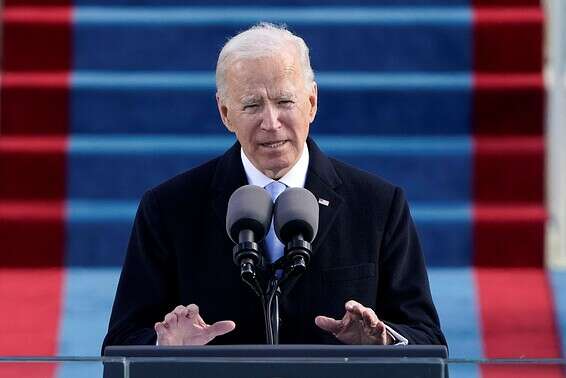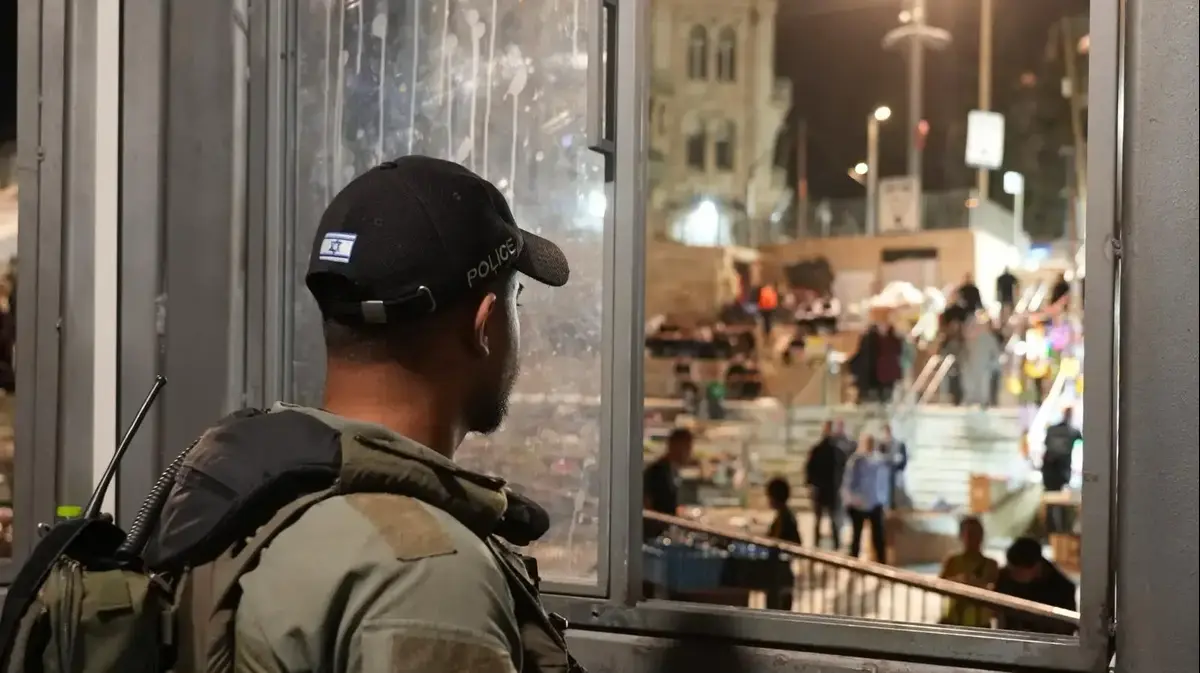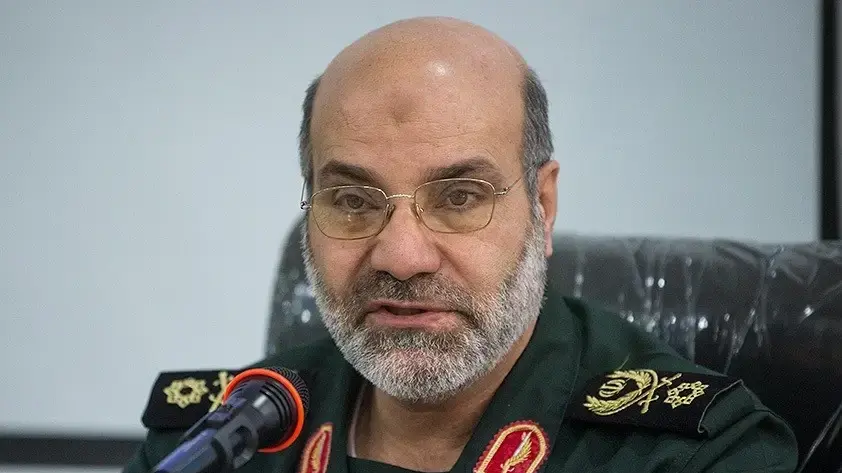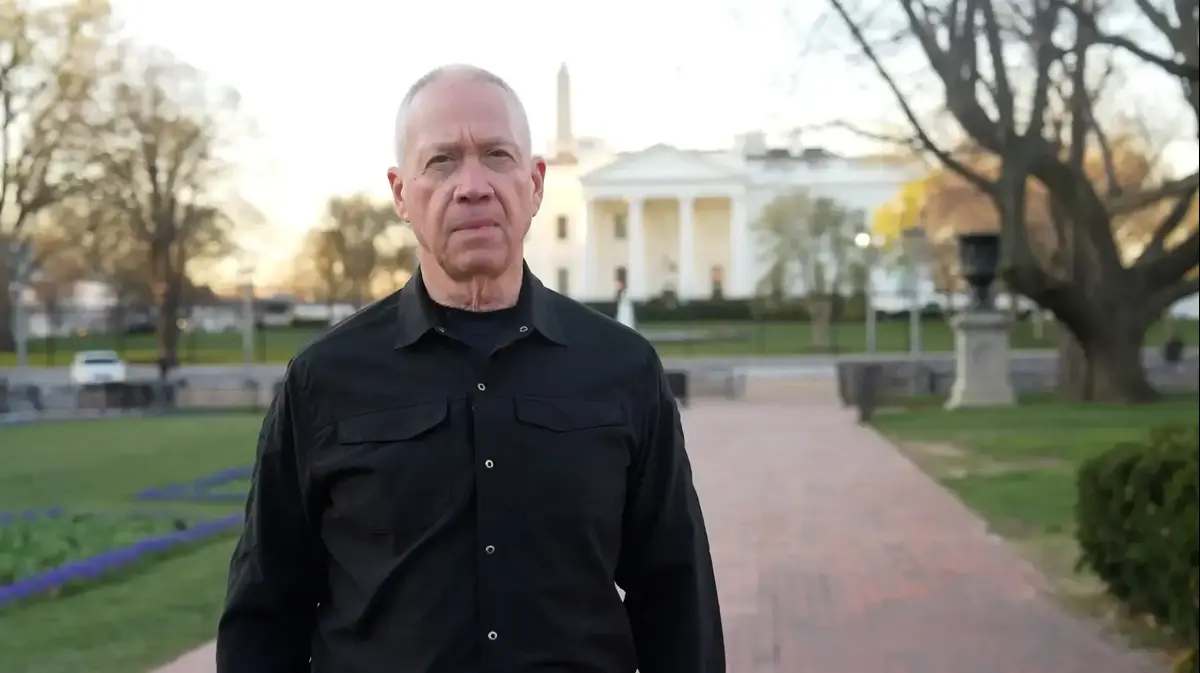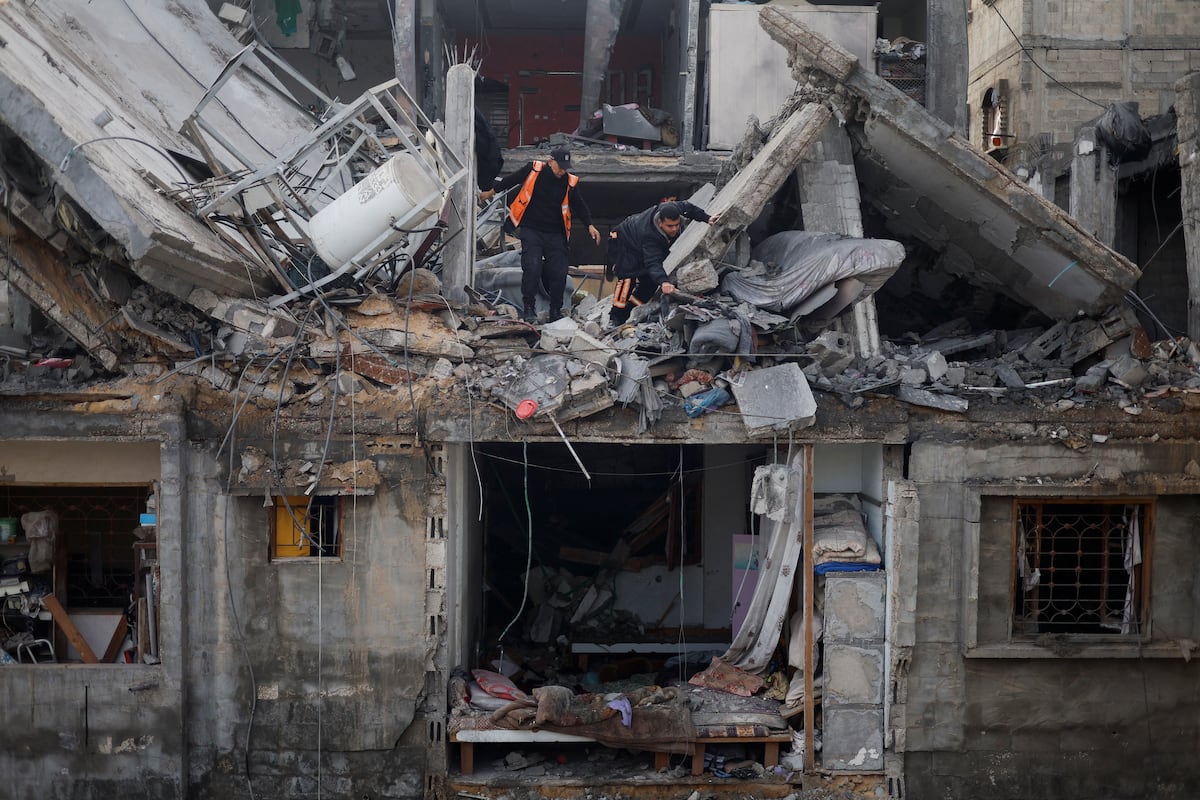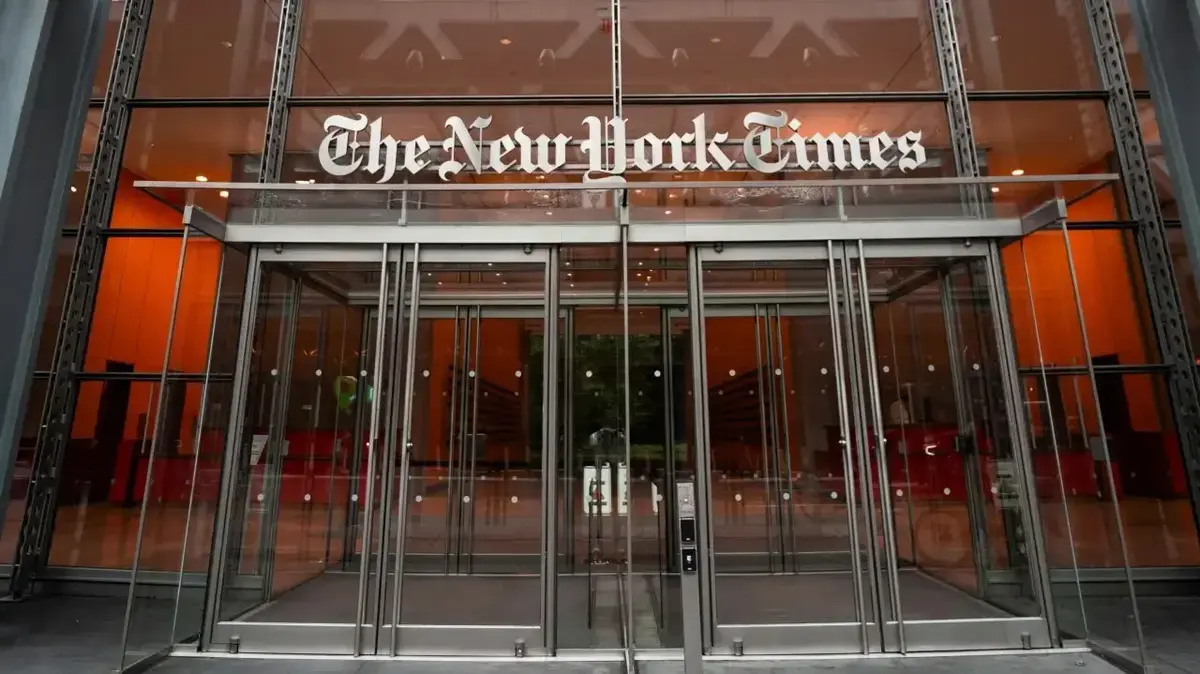Israel will be happy for the United States to join the fight against the Iranian nuclear program, but will not hesitate to do so alone • The Chief of Staff's speech also appealed to Israeli ears • Commentary
The speech of Chief of Staff Aviv Kochavi at the annual conference of the Institute for National Security Studies was delivered in Hebrew, but he said that there were key recipients in English and Persian as well. The chief of staff presented a hawkish and uncompromising approach:
Yes to operational plans that will allow Israel to be prepared for an attack, if required.
Chief of Staff Kochavi, yesterday: I instructed the IDF to prepare new operational plans for the treatment of Iran // Photo: Institute for National Security Studies
Both of these messages were intended to resonate from Washington to Tehran, from the Biden administration to the office of Ayatollah Khamenei.
The chief of staff wanted to make it clear to both of them that Israel would continue its fight against the Iranian nuclear program, for all its twists and turns. She would be happy to see the Americans by her side, but if required, she would be willing to act alone. Today".
In his remarks, Kochavi aligned himself with Prime Minister Netanyahu, who holds a similar attitude toward Iran, and the possibility of a return to the nuclear agreement.
Netanyahu has already made it clear that he will also oppose an improved agreement, and the chief of staff's support has considerable weight in the worlds of politics and diplomacy. Biden and senior government officials certainly remember the disagreements between Netanyahu and the top security officials a decade ago. The attack on Iran's nuclear facilities, and now faces a political-security front - at least externally - which also includes Mossad chief Yossi Cohen and others.
It can be assumed that Kochavi weighed in well before choosing to involve himself - and implicitly the IDF - in a seemingly inevitable confrontation between Jerusalem and Washington on the Iranian issue. The top security officials believe that "it would have been better to say things to the Americans in closed rooms, in order to avoid conflicts, certainly in the current sensitive period." This position is held by, among others, Defense Minister Ganz and Foreign Minister Ashkenazi and senior IDF officials. The new administration to influence future agreements reached with Iran.
Israel prefers the US not to return to any agreement with Iran, and to pursue a policy of maximum pressure on it led by the Trump administration. However, hopes that the regime in Iran will collapse have been dashed, and Iran has even accelerated its nuclear program in the past year. As part of this, Iran installed advanced centrifuges at its nuclear facilities at Natanz and Purdue, accumulated a large amount of low-enriched uranium, and even began enriching uranium to a medium level of 20 percent.
Biden himself and senior government officials have already made it clear that they intend to return to the agreement, although in the same breath they acknowledged Iran's danger and pledged not to allow it to reach a nuclear bomb.
The current controversy in Israel concerns the right way to deal with the new administration, in an attempt to reach the optimal result.
Past experience shows that it is doubtful whether a comparative way will lead to this, certainly when the attention of the new administration is given mainly to internal affairs, and less to the problems of the Middle East.
Still, according to Kochavi, there was also an Israeli destination.
The Iranian challenge he posed - and the operational plans required on his side - cost money.
a lot of money.
The readiness for the threat is behind the IDF's demand for a budget increase of billions of shekels, intended mainly for armaments, intelligence and training. Netanyahu and Gantz support the demand, and therefore it is likely to be accepted, but in an era of severe economic hardship. That the IDF uses the money for the purpose for which it was intended and avoids extravagance - tasks in which the IDF has not always excelled in the past.

